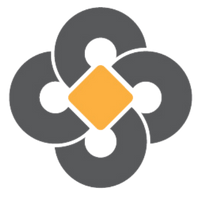
- This course has passed.
Modern Electrical Power Systems
February 3 @ 9:00 am - February 7 @ 3:00 pm
KD 1950
introduction
Modern electrical power systems increase the efficiency of electrical power generations, transmission and distribution it also lowers carbon footprint for a greener world. It includes the ‘green generation’ of electricity by means of renewable energy.
In addition, the introduction and merits of the Smart Grids and Micro Grids are also discussed in the seminar. The determination and control of fault levels, active power, reactive power, voltage and frequency are essential in a modern electrical power system. Power quality issues are also addressed by modern mitigation techniques.
OBJECTIVES
By the end of this training course, participants will be able to:
• Alternative forms of generation and embedded generation
• Power flow optimization for ‘real power’ and use of a of FACTS devices to improve system operation, including DSM approach
• New CT and VT optical transducers and protection system using microprocessor relays
• Nonlinear loads and injected Harmonics, at the PCC (point of common coupling)
• Diagnostic monitoring of plant and in particular GIS substations
• High speed fault limiters and thermal monitoring systems for cables
Course Outline
DAY 1
• Overview of a Typical and Modern Systems covering Generation, Transmission and Distribution and the SMART Grid
• Determination of Flow of Real (P) and Reactive Power (Q)
• Characteristics and Impact of System and Transformer Fault Levels
• Control of Reactive Power & Voltage
• Control of Active Power & System Frequency
• Effects of Reactive Power Compensation on Voltage Profile
• Overview of Power System Disturbances
DAY 2
• Coping with Rising Demand for Power, Carbon Footprint Reduction and Global Warming
• Symmetrical, Asymmetrical Faults and Effects on Positive, Negative and Zero Sequence Components
• Monitoring of Plant Condition – e.g., temperature
• Power System and Substation Automation
• Increasing Problems of Heavily Loaded Systems – Stability, Voltage Dip
• Transmission Voltage Levels – Line and Cable Design, Power Loading and De-rating for Temperature Effects
• Major causes of power system failures
DAY 3
• Renewable Energy and the Environment – Solar Power, Geothermal Power, Wind Power, Environmentally Friendly Storage Batteries
• ‘Green’ Generation? Is it possible on a large scale or are there stability problems?
• Demand Side Management – Remote Load Control – Minimizing Demand – Optimizing Transmission – Coping with Dips and Swells
• Optical Current Transducers for Protection – Optical Current Sensors Eliminate CT Saturation
• High Voltage Applications – Surge Protection, Fault Current Limiters Network Switching
• Non-linear loads – harmonics at PCC – filtering – G5/4 requirements
• Triple harmonics and mitigation techniques
DAY 4
• Digital Substation Architecture
• Flexibility in AC Systems (FACTS) – Static VAR Compensation – Series Controlled Capacitors
• Changing Maintenance Schedules, Remote Surveillance of Plant and the Introduction of Unmanned Substations
• Data Logging
• HV-DC Links for Stability Improvement
• Optical Cable Temperature Monitoring
• SCADA and Artificial Intelligence Systems for Fault Diagnostics
DAY 5
• Advanced Protection and Control Techniques
• Numerical Relay and Protection Functions
• Electrical Insulation – Air and SF6 – The Problems
• Condition Monitoring of Plant
• Is – Fault Current Limiter, How to Apply
• GIS Diagnostics – Partial Discharge Techniques
• Q & A session
Related Courses
| Course Title | Date | Location | Price | |
|---|---|---|---|---|
| Substation Bus Bar Switching SystemsElectrical Engineering Courses | 6 - 10 April, 2025 | 5 Days | Doha, Qatar | KD 1,650.00 |
| Control Protection & Advanced Electrical MaintenanceElectrical Engineering Courses | 6 - 10 April, 2025 | 5 Days | Dubai, United Arab Emirates | KD 1,650.00 |
| Electrical ProtectionElectrical Engineering Courses | 27 - 1 May, 2025 | 5 Days | Cairo, Egypt | KD 1,450.00 |
| Control Protection & Advanced Electrical MaintenanceElectrical Engineering Courses | 27 - 1 May, 2025 | 5 Days | Dubai, United Arab Emirates | KD 1,650.00 |



